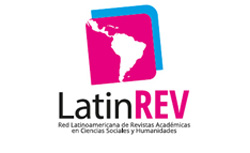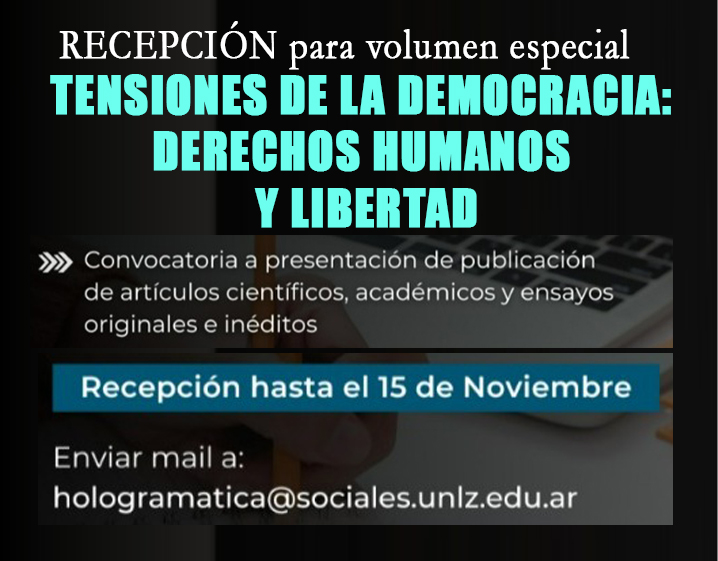“HACER POLÍTICA SOCIAL ES ESTAR AHÍ”.
Palabras clave:
PRO-Cambiemos, Discurso, – Proximidad -, Asistencia –Resumen
El trabajo surge de una investigación que se encuentra en curso, la cual tiene como objetivo comprender e interpretar los significados que estructuraron la intervención social del Estado en los Ministerios de Desarrollo Social de la Nación y la Provincia de Buenos Aires durante el gobierno de PRO-Cambiemos. Para ello se analizan un conjunto de fuentes documentales, puntualizando en las entrevistas brindadas en medios de comunicación por parte de Carolina Stanley y Santiago López Medrano.En este marco, es que la perspectiva teórica-metodológica utilizada se halla en las corrientes comprensivas -propuesta por Max Weber y profundizada por Alfred Schutz- e interpretativas -basada en la perspectiva de Michel Foucault-, utilizando el análisis del discurso sociológico-lingüístico con el fin de identificar las categorías y palabras clave que utilizan los sujetos hablantes para explicar y darle sentido a sus acciones. El criterio de selección fue lo que denominamos como “continuidad enunciativa” que refiere que ante tópicos similares, las personas repiten conceptos y categorías para construir y reconstruir el mundo que habitan.
En este artículo se reconstruye la proximidad en términos de tipo ideal, esto es, como constructo científicamente construido en función de la unidad de sentido de las palabras clave que utilizan los actores. En este caso, este significado se vincula con el acompañamiento, la empatía y la cercanía.
PALABRAS CLAVE: Asistencia – Discurso – Proximidad - PRO-Cambiemos
ABSTRACT:
In this framesswork, it is that the theoretical-methodological perspective used is found in the comprehensive currents -proposed by Max Weber and deepened by Alfred Schutz- and interpretive currents -based on the perspective of Michel Foucault-, using sociolinguistic discourse analysis in order to identify the categories and key words used by speaking subjects to explain and make sense of their actions. The selection criterion was what we call "enunciative continuity" which refers to similar topics, people repeat concepts and categories to build and reconstruct the world they inhabit.
In this article, proximity is reconstructed in terms of an ideal type, that is, as a scientifically constructed construct based on the unity of meaning of the keywords used by the actors. In this case, this meaning is linked to accompaniment, empathy and closeness.
Descargas
Publicado
07-08-2022
Cómo citar
Zuccaro, A. (2022). “HACER POLÍTICA SOCIAL ES ESTAR AHÍ”. Hologramática, (36), v 3 43–68. Recuperado a partir de http://revistas.unlz.edu.ar/ojs/index.php/rholo/article/view/11
Número
Sección
Artículos
Licencia
Derechos de autor 2022 Hologramática

Esta obra está bajo una licencia internacional Creative Commons Atribución-NoComercial-CompartirIgual 4.0.











